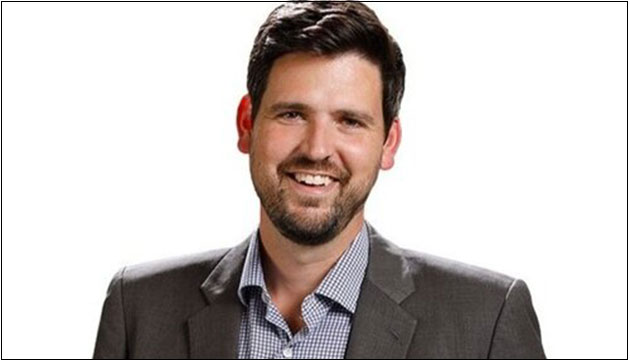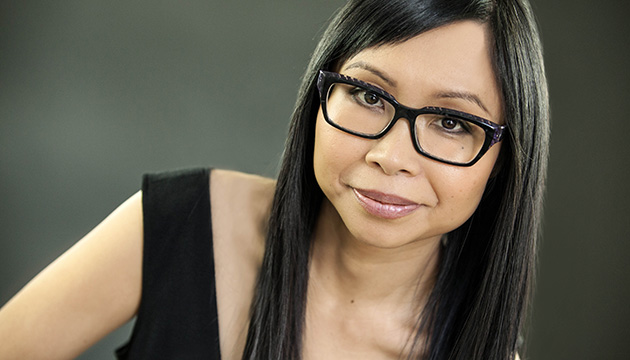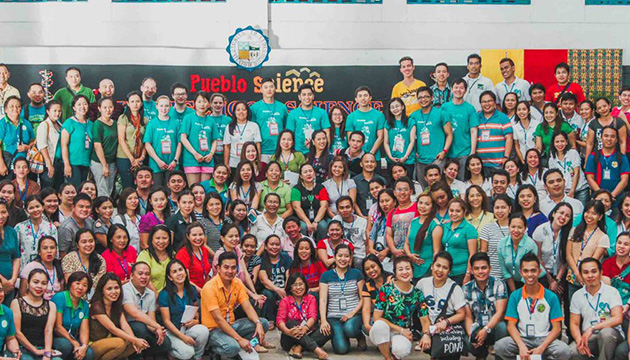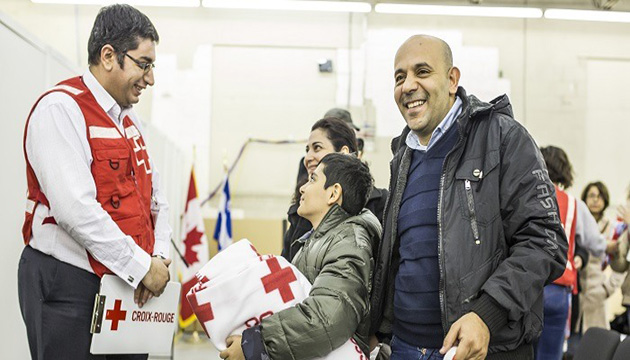About two weeks before the writ dropped on September 11, 2019, signaling the start of the federal election campaign, results of a survey were released by Simon Fraser University’s Morris J. Wosk Centre for Dialogue in Vancouver.
The poll was about the public trust of elected government officials, and the findings were far from encouraging.
Only 33 per cent of Canadians trust elected officials, which the centre’s executive director Shauna Sylvester said has repercussions for democracy.
“A low level of trust in elected officials can often lead to citizens opting out of the democratic process,” Sylvester said in a media release on August 29. “Frustration and lack of trust can be early warning signs within our democratic system.”
Based on the survey, other players in the democratic system are trusted more: academics (65 per cent), judges (63 per cent), civil servants (47 per cent), and journalists (46 per cent).
Elected officials “occupy the bottom spot in the trust barometer”, the media release noted, with only one third of Canadians saying they trust those who represent them.
Trust is essentially confidence in the honesty of others, a belief that someone really means what that person says.
Trust is indispensable in a democracy. Without it, the system withers.
Why?
Because people have to believe that their elected politicians have their interests at heart and that their word, especially during election campaigns, is their bond.
Politicians need to earn and keep the trust of the people.
That’s the reason why every four years or so, they have to go back to the people to get a fresh mandate.
Liberal Prime Minister Justin Trudeau is asking for a new term in office, and second-term elections are always a referendum on the incumbent.
Whether or not Trudeau gets to lead another government may rest to a significant degree on trust.
Will Canadians trust him again?
In the 2015 election campaign, Trudeau and the Liberal Party made 353 promises.
A book released in August this year established that the Trudeau government fulfilled about 50 percent of the pledges, partially delivered on about 40 percent, and broke around 10 percent. The English version of the book is titled ‘Assessing Justin Trudeau’s Liberal Government’, and this work by Canadian academicians was published by the Laval University Press.
Included in the promises delivered was the Canada Child Benefit, a tax-free and income-tested assistance for families, providing 3.7 million recipients with about $24 billion in payments annually.
Although abandoned pledges constitute a tenth of the promises, these have the capacity to gain traction in a bruising election campaign.
As an example, people who are passionate about climate change may feel disappointed that while Trudeau promised to have Canada as a world leader in saving the planet from the effects of fossil fuel consumption, his government purchased the Trans Mountain oil pipeline for $4.5 billion. His government also approved the $9.3 billion expansion of the pipeline that runs from Alberta to B.C.
In addition, the Trudeau government also approved the Line 3 pipeline of Enbridge, which will convey Canadian oil to Wisconsin in the U.S.
Trudeau also promised to do things differently in government.
Yet here he is, all battered by scandals that have many asking whether he is really what he advertised he was.
Two ethics commissioners have found that Trudeau broke federal ethics law. The first violation was when he and his family took an all-expense paid vacation at an island owned by the Aga Khan, leader of Ismaili Muslims in the world. The second was when he tried to pressure then Justice Minister Jody Wilson-Raybould to intervene in the criminal prosecution of SNC-Lavalin, a Quebec engineering behemoth.
Canadians are forgiving people, and they may be inclined to give Trudeau a second chance.
The results of the October 21 ballot will show whether or not he earned it.
By the CFNet Editorial Board
Contact us at:










